It can be difficult to identify signs of dyslexia in children, especially before they spend significant hours of their day in a controlled educational environment, such as a classroom. However, parents and teachers should stay aware of certain red flags to help identify a potential learning challenge like dyslexia. Although a dyslexia diagnosis must be made by an educational psychologist or another medical professional, ReadSource has compiled a list of some of our red flags and potential signs of dyslexia. Read below to learn more about phonemic awareness, essential reading skills, and signs of dyslexia in children.
Signs of Dyslexia in Preschool
Although preschoolers are still in the early stages of learning language, there are certain oral skills young students should master before they enter kindergarten. For example, a child in preschool should be able to pronounce rhyming words, verbally divide words into syllables and sentences into words, auditorily discriminate rhyming words, and recognize phonemes within words. Though these oral language skills may sound complicated for a preschooler, they are the basic building blocks that children must master to continue learning language effectively. If a preschooler is having trouble mastering these verbal topics, this may be an early sign of dyslexia or another learning challenge.
Signs of Dyslexia in Kindergarten
By the end of kindergarten, many children learn how to read and write basic words and sentences consistently. Although mastery may vary, these language skills are necessary for students to continue successfully through elementary school. Some signs of dyslexia in kindergarten may include the inability to write words or sentences, blend sounds together, decode nonsense words, divide words into syllables, and identify sounds and letters. Though these qualities are not sure signs of dyslexia, it may be beneficial to consider a psychoeducational evaluation if your child is exhibiting any of these challenges.
Signs of Dyslexia in Elementary School
In early elementary school, students must master reading and language skills so that they can “read to learn” rather than “learn to read” as they progress through later grades. By the 2nd grade, students should be able to spell well, have legible handwriting, enjoy reading and writing, have appropriate written expression and reading strategies, recall words quickly without repetition, comprehend reading material, and read accurately. As these skills are more advanced applications of language, signs of dyslexia may become more noticeable as students encounter more challenging topics. Students with dyslexia may use different strategies to keep from falling behind in these subjects, such as attempting to memorize passages or guessing at words, and children can become frustrated if these strategies start to fail. If you have noticed any of these potential signs of dyslexia in your child or student, it may be time to have a discussion about possible learning challenges with an educational psychologist.
Diagnosing Dyslexia
The earlier dyslexia is diagnosed, the easier it is to learn the best tactics that help your child remain successful in the classroom. Only trained medical professionals, often educational psychologists, can administer testing and provide a dyslexia diagnosis. This is the first step in promoting understanding and confidence in a child and in developing a dyslexia treatment plan to help your child master essential language skills. Undiagnosed dyslexia, however, can manifest itself in several negative ways, from anger and frustration to behavioral issues and an overall lack of confidence. When parents and teachers are aware of these dyslexia warning signs, students can receive an early diagnosis and master reading and writing skills in an effective educational environment.
At ReadSource, we are committed to educating and providing valuable resources to parents and educators of dyslexic learners. From our community outreach programs to our training and tutoring initiatives, we are a reliable resource for dyslexia and promote awareness and understanding for students with learning differences. We partner with parents, teachers, tutors, and community organizations to empower dyslexic learners in every community. Learn more about the mission, values, and initiatives of ReadSource and get in touch with us today!








Leave a Reply